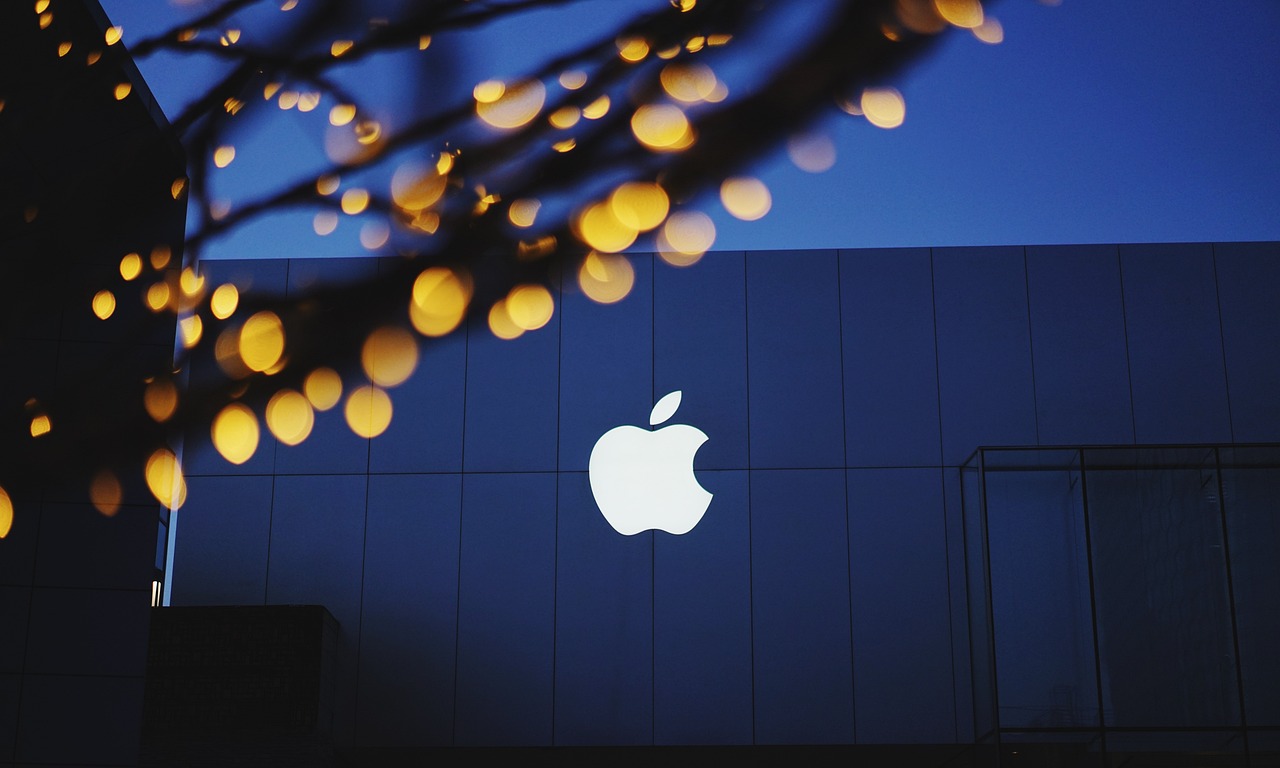Apple has utilized an astonishing amount of cash to repurchase its own shares. But is this effectively leveraging its capital for shareholders?

From September 2011 to December 2023, Apple spent a whopping $651.4 billion on stock buybacks.
To put this in perspective, Broadcom, the ninth largest publicly traded company in the US, currently has a market capitalization of $617 billion. Apple could have acquired the ninth largest US publicly traded company with the cash it spent on buybacks. This raises the question: Is stock buyback the best use of Apple’s cash?
How much return do buybacks create?
To assess whether Apple’s decision was right, we need to examine how much earnings per share (EPS) growth the buybacks have generated.
In September 2011, adjusted for stock splits, Apple had approximately 26 billion shares outstanding. As of October 20, 2023, the regulatory reporting date for fiscal year 2023 (FY2023), Apple had 15.55 billion shares outstanding, representing a 40% decrease. The reduction in shares through buybacks has had a profound impact on Apple’s EPS.
For the fiscal year 2023, Apple reported a net income of $97 billion, with diluted EPS of $6.13. If buybacks had not occurred and Apple’s outstanding shares for FY2023 remained at 26 billion instead of 15.55 billion, its diluted EPS would have been only $3.73, not $6.13. In other words, if Apple had chosen not to reduce its share count, the company would have needed an additional $62 billion in net income for FY2023 to achieve similar diluted EPS figures.
Thus, Apple’s $651 billion investment in stock buybacks has created a “$62 billion annual net income” for the company, and with Apple’s net income continuing to rise, it may generate even more in the future.
Can it do better?
While it’s clear now that Apple’s buybacks have had a positive impact on its diluted EPS, the next question is whether buybacks are the best use of the company’s capital.
Broadcom’s market capitalization is close to the cumulative amount Apple spent on buybacks, with the company reporting a net income of $14 billion in its latest fiscal year.
If Apple were to acquire Broadcom, it would only generate an additional $14 billion in net income, significantly lower than the implied $62 billion growth from buying back its own shares. This would result in much lower EPS growth compared to buybacks. Consequently, Apple’s buybacks seem like a decent investment decision.
I understand that using Broadcom as an example might not provide the best comparison, as Apple could have acquired Broadcom at a lower price in 2012. Nevertheless, it still offers some perspective on the different potential uses of capital.
Conclusion
Is buyback the best single use of Apple’s cash? Perhaps not. But is it a bad investment? Certainly not. The returns brought by Apple’s buyback program have led to a substantial increase in EPS. If Apple’s profitability continues to grow over time, the $62 billion annual “growth” in profit may also continue to rise. While there may be better investments out there, I believe Apple has made a decent decision in recent years by focusing on buybacks.
But should Apple continue to buy back its stock? That’s the question everyone is discussing now, especially as Apple recently announced a new $110 billion buyback authorization.
Buybacks only provide good returns when stock valuation is cheap. Apple’s management needs to continue evaluating the company’s valuation when making future buyback decisions. With Apple’s valuation rising over the past few years, management needs to decide whether buybacks done today still offer good value for shareholders, or if other forms of investment would have a greater impact.



